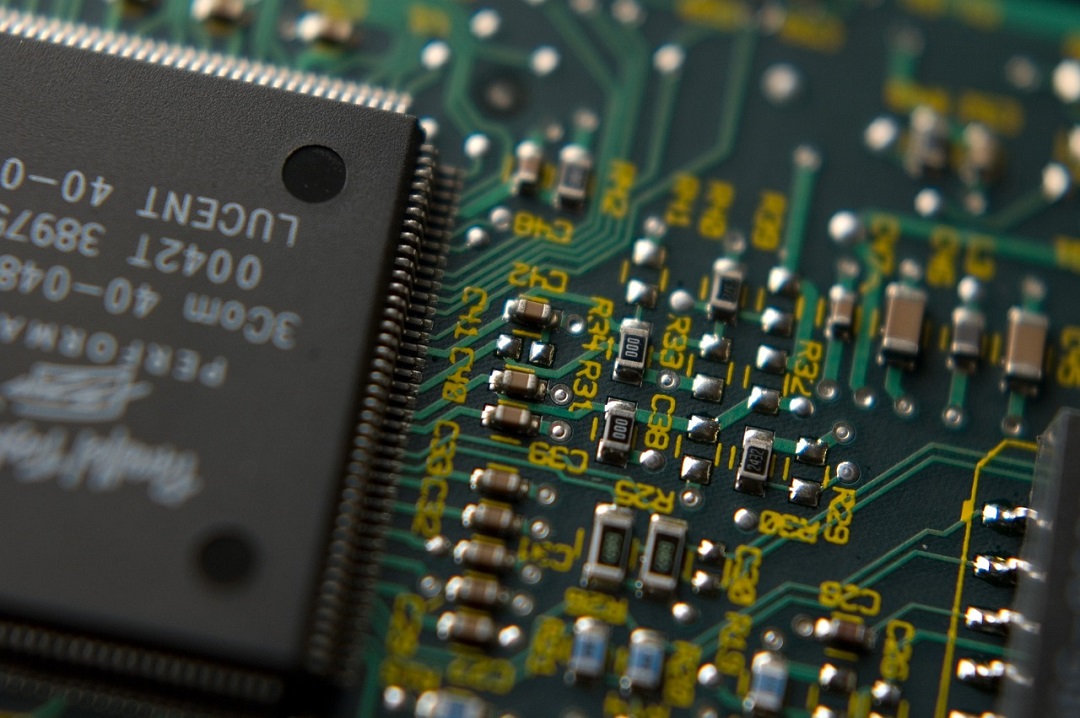Tata Group has partnered with global semiconductor company Analog Devices (ADI) to explore semiconductor manufacturing opportunities in India, the companies announced in a joint statement on Wednesday.
This partnership is a significant move in line with the government’s ongoing efforts to establish a strong electronics manufacturing ecosystem in the country for both domestic use and global markets. “Tata Electronics, Tata Motors, and Tejas Networks have signed a Memorandum of Understanding (MoU) with ADI to strengthen strategic and business cooperation, explore semiconductor manufacturing in India, and integrate ADI’s products into Tata applications, including electric vehicles and network infrastructure,” the statement read.
The announcement comes after Tata Group recently laid the foundation for a ₹27,000 crore semiconductor assembly and testing facility in Morigaon, Assam. Additionally, Tata Electronics is setting up India’s first wafer fabrication plant in Dholera, Gujarat, scheduled to become operational by December 2026.
The joint statement further mentioned, “Tata Electronics and ADI will explore manufacturing ADI’s products at Tata’s fab in Gujarat and its OSAT (Outsourced Semiconductor Assembly and Test) facility in Assam.”
The partnership will also assess potential engagement in electronics hardware components for energy storage solutions and power electronics in both commercial and passenger vehicle sectors. Additionally, Tata’s Tejas Networks and Analog Devices will explore collaboration opportunities in network infrastructure hardware.
Vincent Roche, CEO and Chair of ADI, commented on the alliance, saying, “By merging our semiconductor solutions and software expertise with Tata’s vision and capabilities, we aim to drive the development of advanced technologies, from electric vehicles to next-generation network infrastructure. Together, we are not only strengthening the semiconductor ecosystem but also shaping the future of global electronics manufacturing.”







